One of the key cultural differences between Japan and back home perhaps is to “read the air.” There are many untold customs and social etiquettes to learn. It might be difficult in the beginning, but it certainly will help you to gain acquaintance with the locals.
1. Always arrive 10 minutes earlier

In Japan, no matter who you are meeting, you should arrive at place 5 to 10 minutes in advance. Japanese are generally quite strict with time. No matter if you are late for work or a date, you must inform the other in advance. This is to let others feel that they are very concerned about time and you will try to arrive as soon as possible.
2. Walking and eating is seen as sloppy
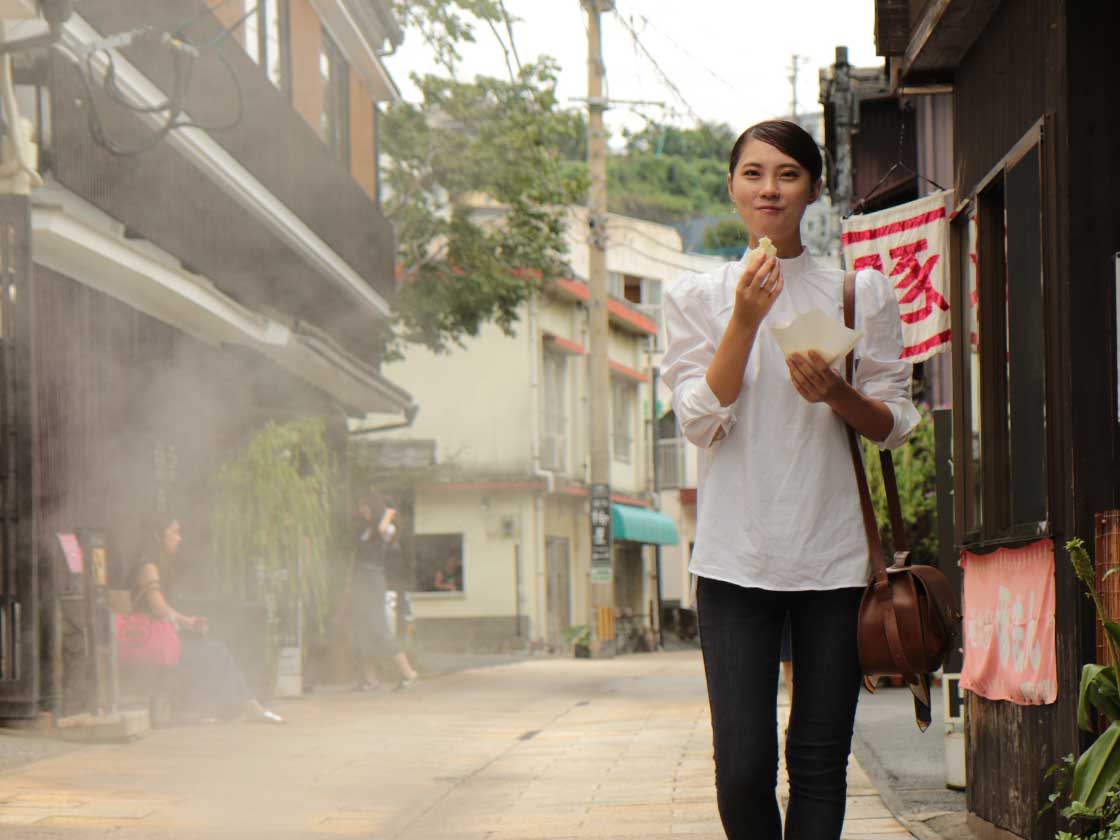
Although walking and eating are often convenient and widely accepted in many Western cultures, the practice is considered rude. Japanese usually have the food takeaway or finish it next to the food stall. You seldom see people eating or drinking in public or on the trains.
3. Always change to indoor slippers
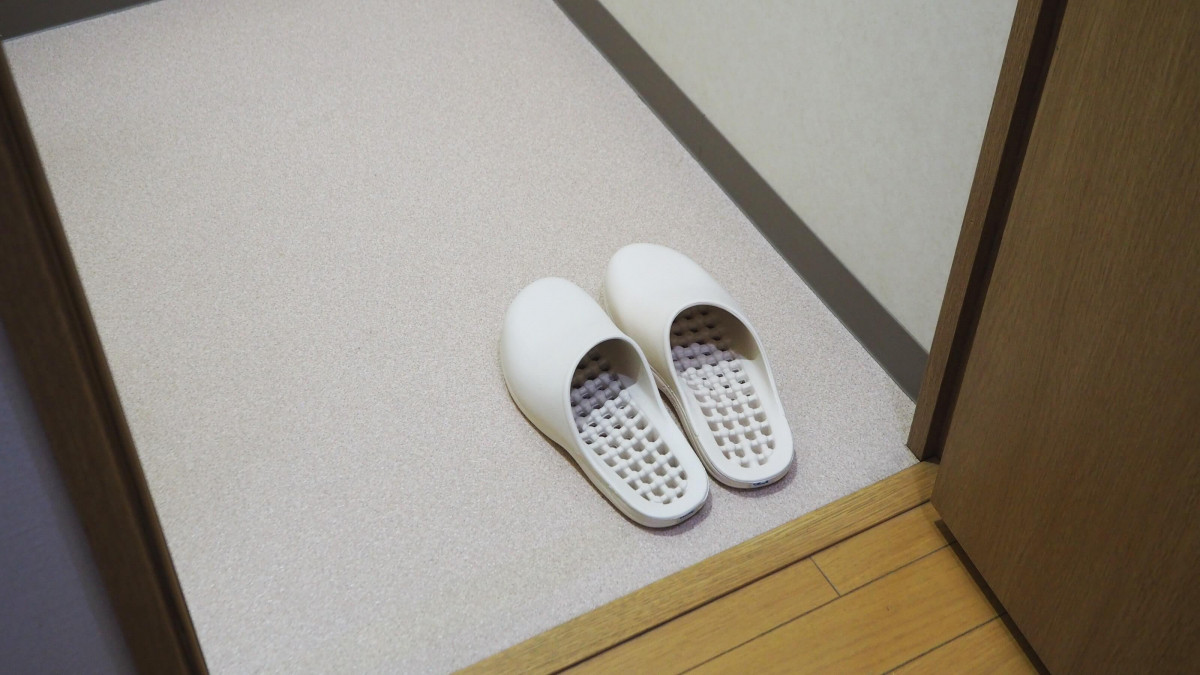
It is customary to take off your shoes and change into slippers when entering a Japanese home, a traditional restaurant, temple, and ryokan. At some sightseeing spots, you will be given a plastic bag to carry your shoes and then you are allowed to walk around in slippers. There are even special slippers kept inside the bathroom, which are usually red, blue, or green. In such a situation, you will have to take off your “house slippers” and put on the “toilet slippers”.
4. Always bring a host a gift
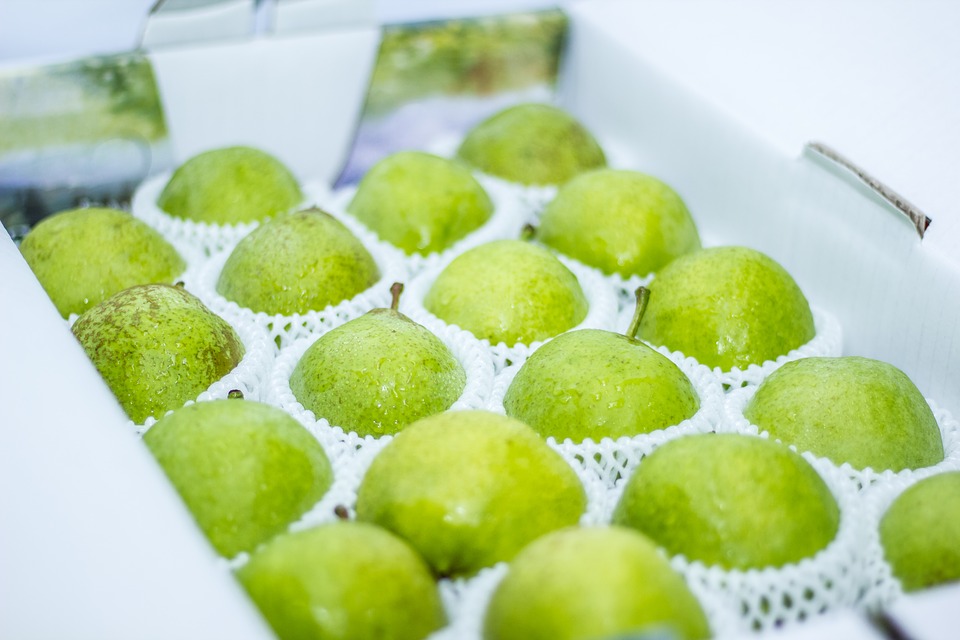
If you are invited to a Japanese friend’s home, it is a great honor! To show your gratitude to the host, you should bring a gift with you, some souvenirs, a snack gift box or fruit with nice packaging are the common suggestions. However, there are some gifts you should avoid. Handkerchief and green tea are taboo, handkerchief will associate with breaking off relations, while green tea is usually given to everyone at the funeral. You should also be aware of the colour of the gift wrapping paper. Never wrap a present in solid black and white as they represent funeral as well.
5. Don’t sing someone else’s song

When you attend a karaoke singing party, do not sing someone else’s songs. When the hit song came up, you may get very used to join in and sing together with your friends back home. However, in Japan, it is a taboo to sing the theme song of others without warning. Respect and listen to one’s performance, get in the line, and wait until it’s your turn to sing your favourite song.
6. Choose the right flower
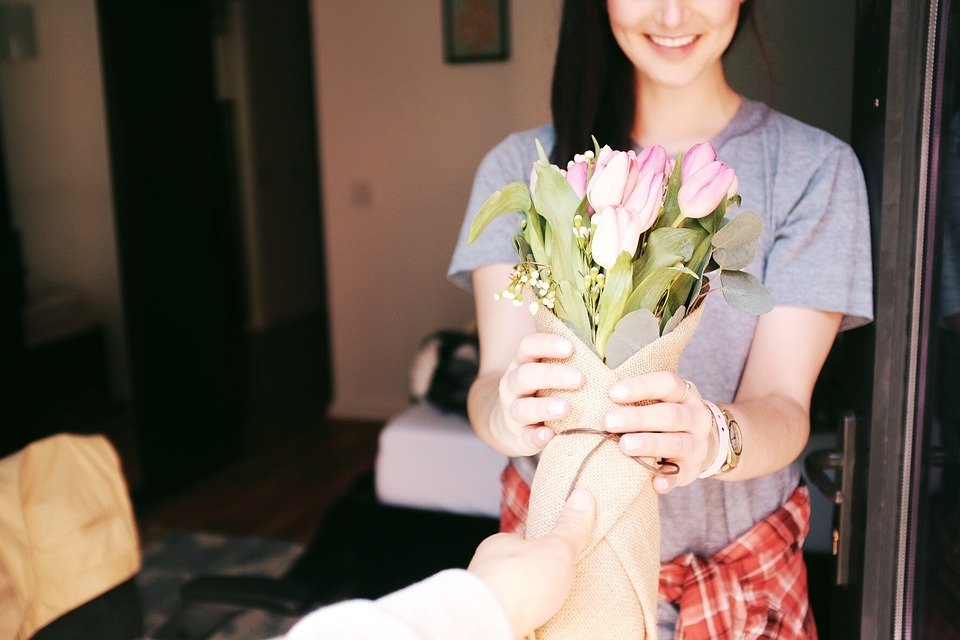
A bouquet of flowers represents love and care. However, there are certain types of flowers that you should never give your Japanese friends. Never visit a hospitalized person with camellia, white-colored, or pale yellow flowers. Never give a lotus plant as a house warming gift. They both represent funerals or graveyards.
7. Avoid tank top and sandals

You might have heard that it is inappropriate to show your shoulders in Japan so you should avoid wearing tank tops and spaghetti strap shirts. The open shoulder taboo is more of an older generation thing, so if you want to be more careful, you may avoid wearing them around any elders or at work. Besides, it is better to wear closed-toed shoes to a business occasion or ceremony. Try to wear heels, flats, or boots instead of mules and sandals when going to a formal party.
8. Trash carefully
Discarding household garbage in Japan can be a confusing experience, especially when you cannot find any trash can on the street. As recycling a major topic in Japan, there are different types of trash, such as burnable refuse, non-burnable refuse, recyclables (bottles, aluminum cans, papers, etc), and oversized items. You have to use the respective colour of garbage bags, clean the recyclables, and dispose of the designated area on a designated day. If you have a hard time finding a trash can during your short trip, look for a convenience store.
9. Learn to share your meal
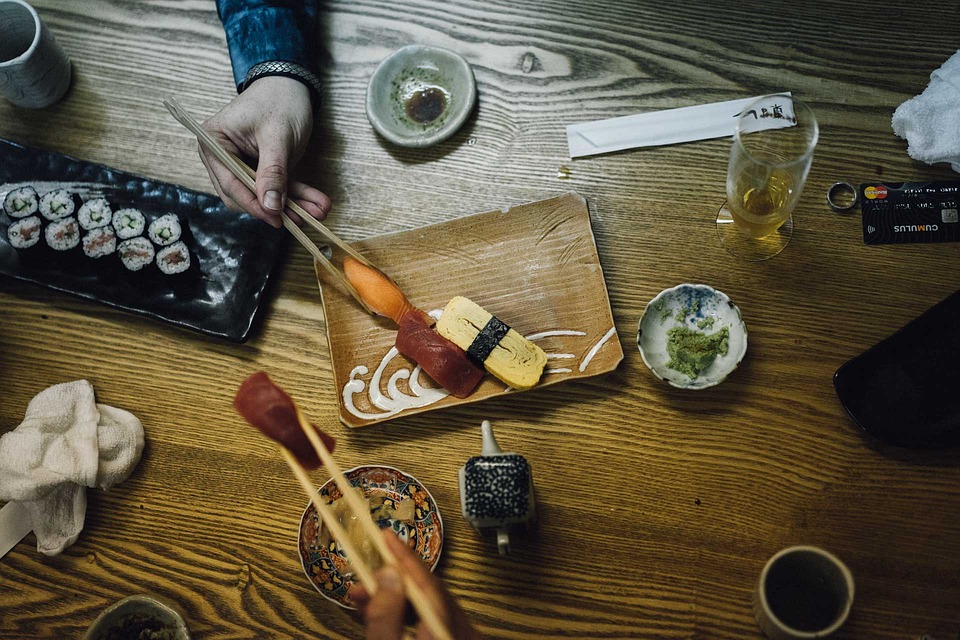
Despite bento takeaway and a big bowl of ramen, Japanese love to divide food into each small bowl, and share equally with everyone. Therefore, when you are at an izakaya or family restaurant, it is better to order a few dishes to eat together, instead of ordering one main dish for yourself.
10. Don’t take “see you soon” too seriously

When you say goodbye to a friend, you often hear them saying “mata ne” while waving their hand at you. “Mata ne” literally means “see you later” in English, however, do not rush to ask when to have the next appointment with your Japanese friend. It simply means a polite goodbye. You can take it slow and try to ask your friend out later.

